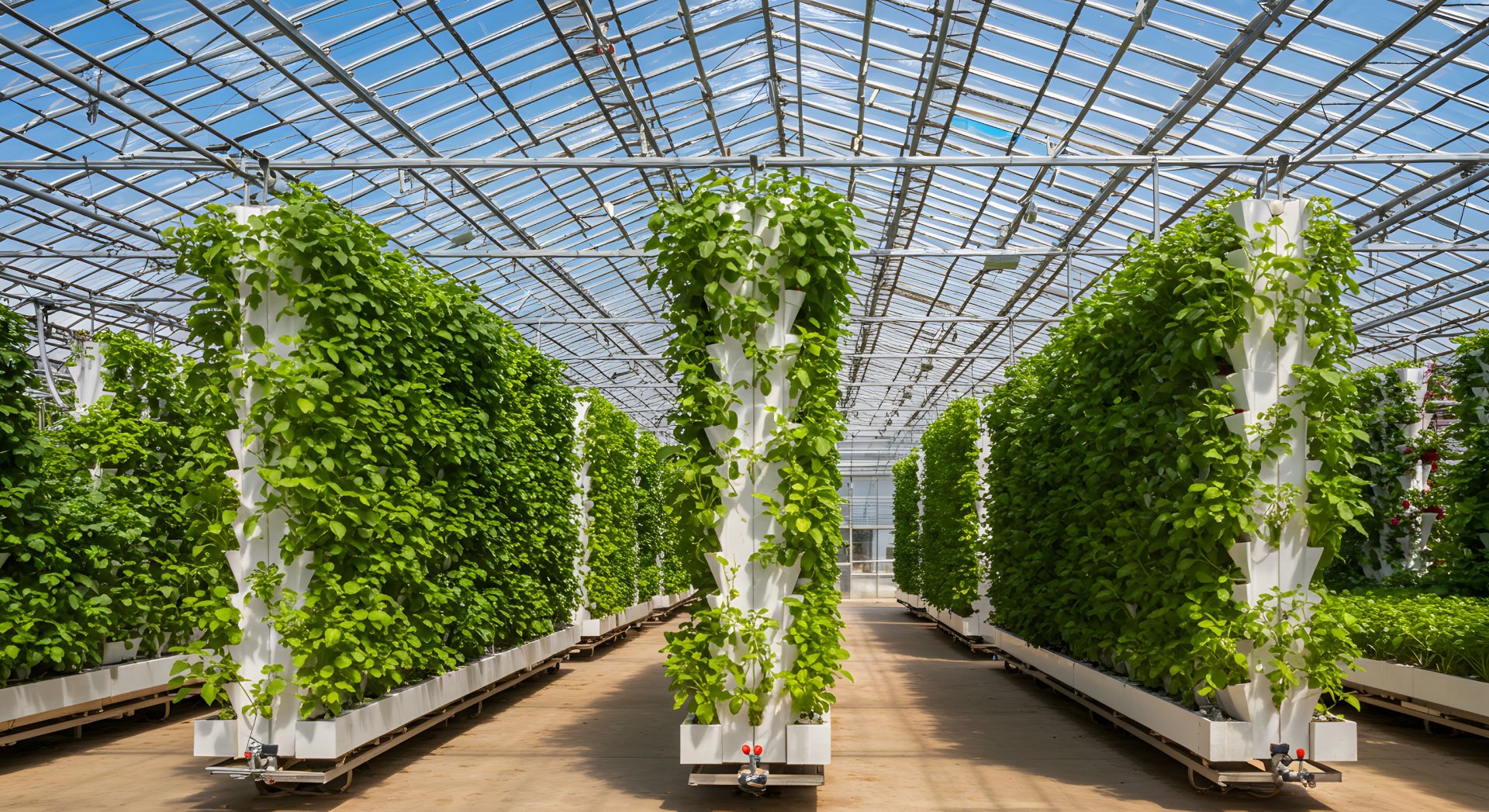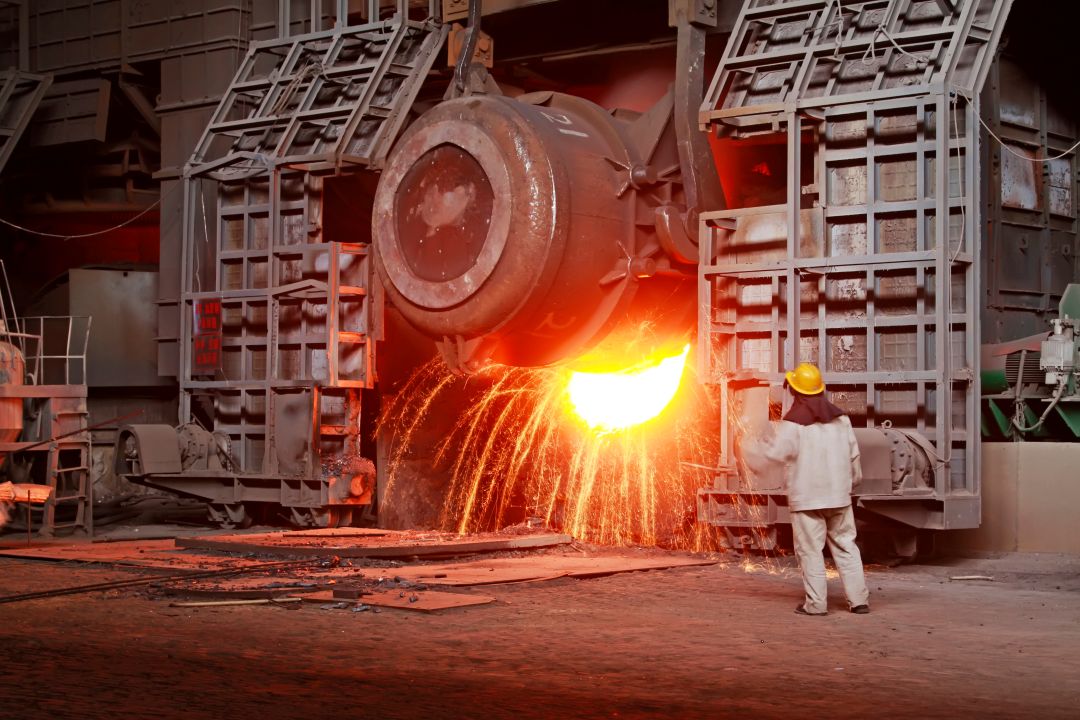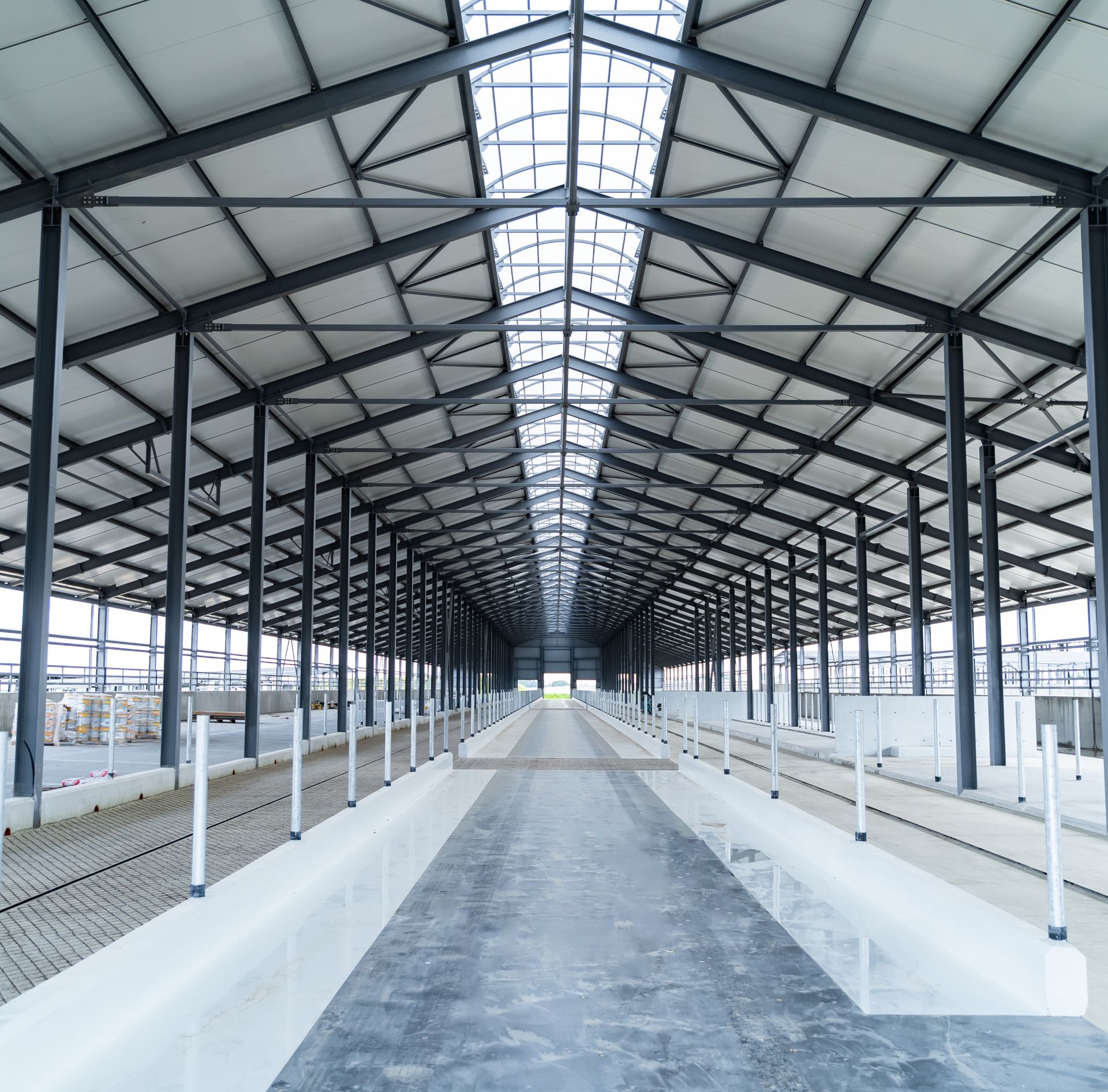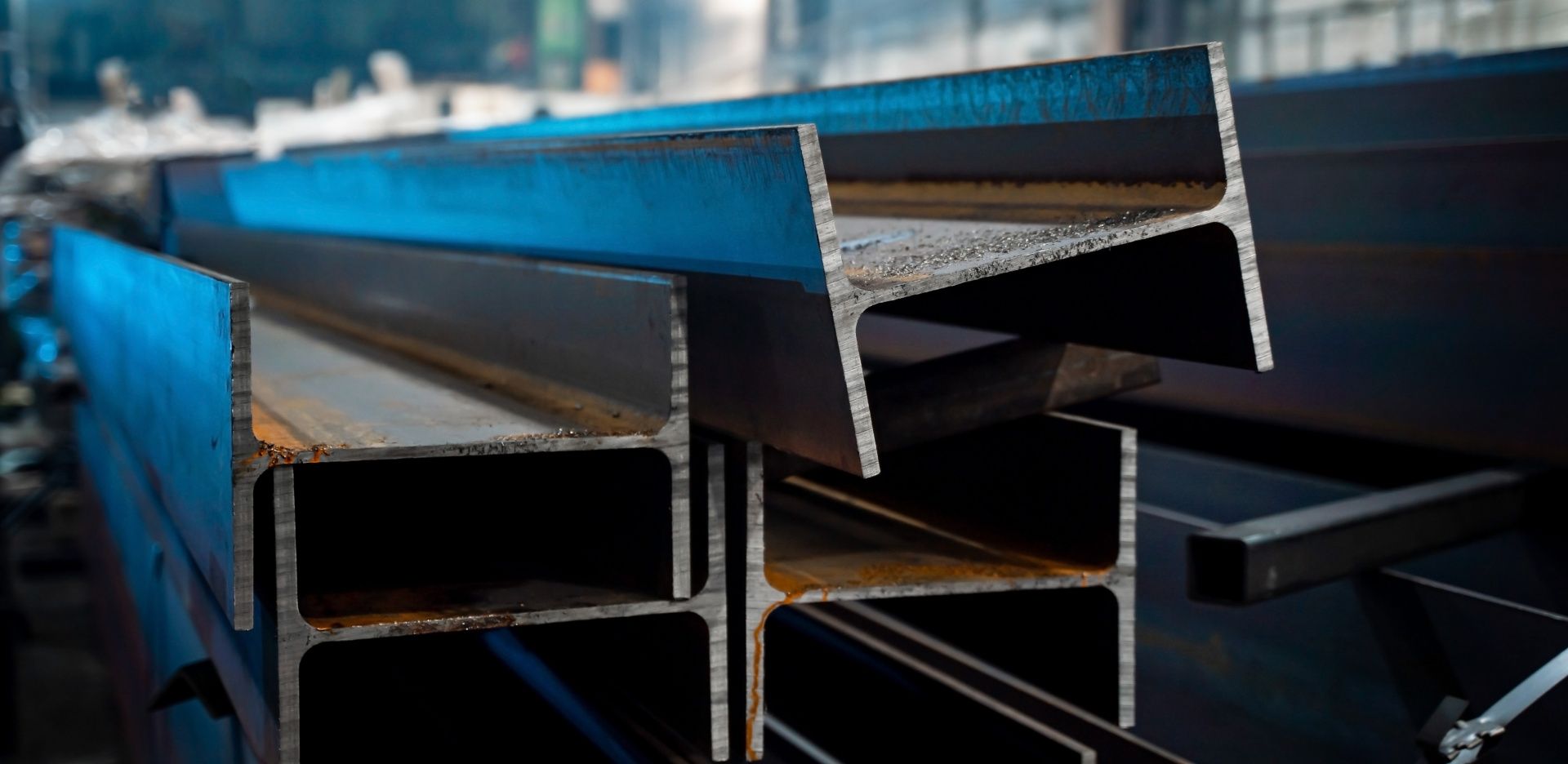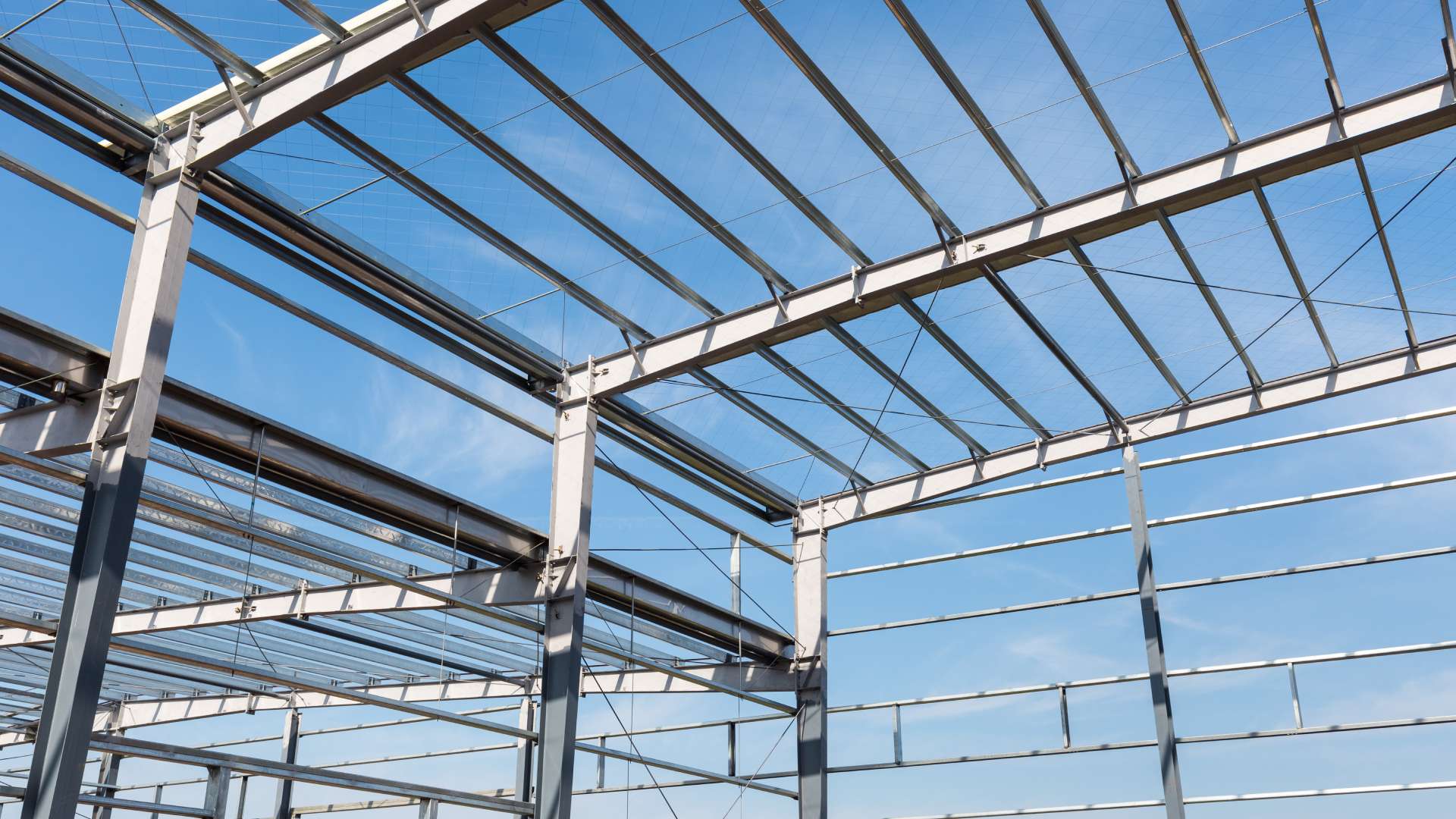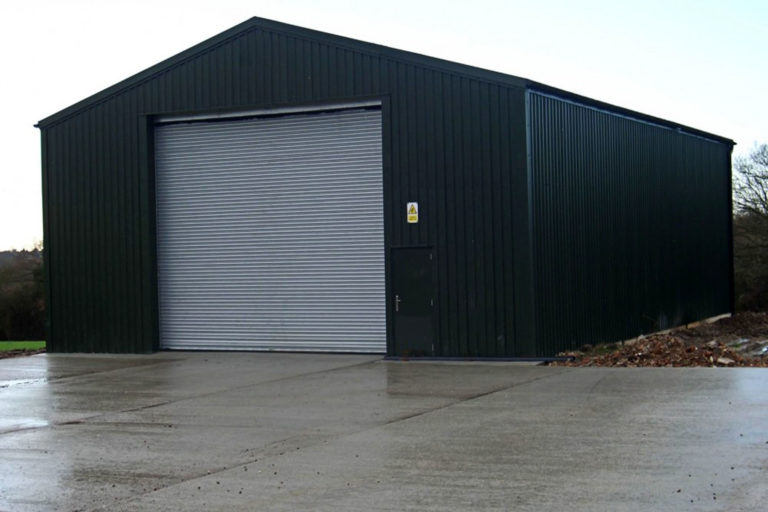In today’s rapidly evolving agricultural landscape, technology is revolutionising the way farmers approach their work. From precision farming to data-driven decision-making, advancements in agricultural innovations are transforming the efficiency, productivity, and sustainability of farming operations.
In this blog post, we delve into the world of agricultural technology and explore the various ways it is reshaping modern farming practices. Discover how farmers are harnessing the power of technology to overcome challenges, optimise resource management, and ensure a prosperous future for agriculture.
Precision Farming: Maximising Yield with Data-Driven Techniques
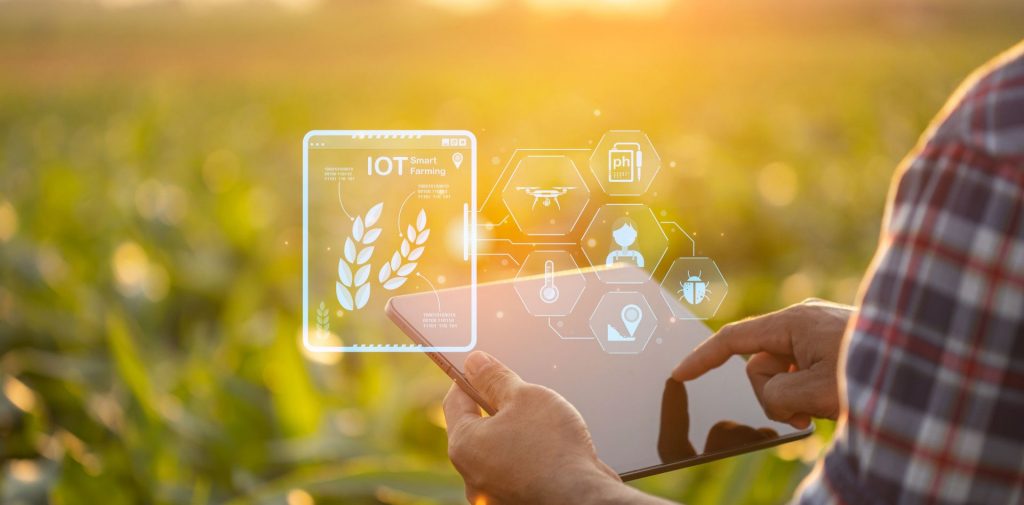
Precision farming is a cutting-edge approach that leverages technology to optimise crop production. Farmers now have access to a wealth of data on soil conditions, crop health, and nutrient requirements. With the help of GPS, remote sensing, and drones, they can collect valuable information about their fields.
This data-driven approach enables precise application of inputs, targeted irrigation, and tailored pest management strategies, resulting in higher yields, reduced costs, and minimised environmental impact. By analysing and acting upon real-time data, farmers can make informed decisions and optimise their farming practices like never before.
Smart Farming: Revolutionising Livestock Management and Animal Welfare
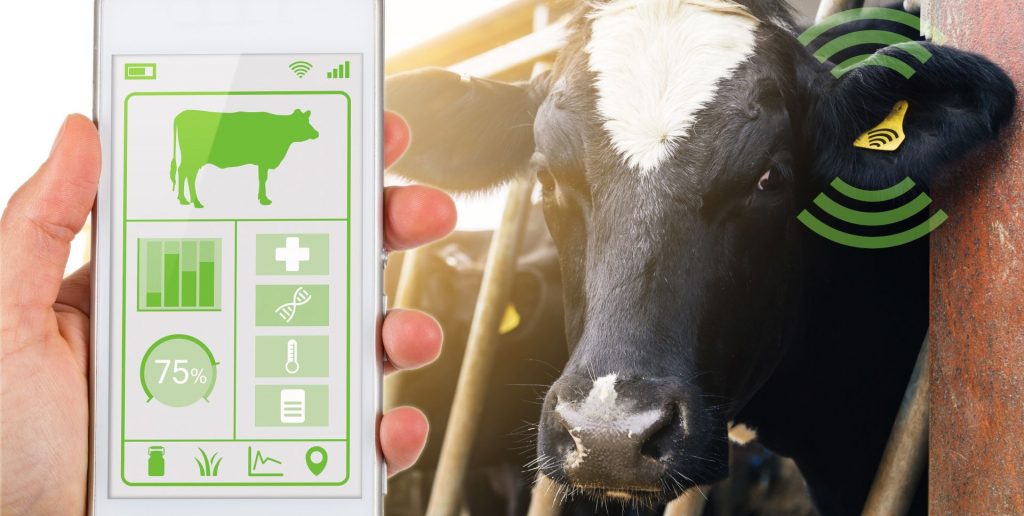
Precision farming is a cutting-edge approach that leverages technology to optimise crop production. Farmers now have access to a wealth of data on soil conditions, crop health, and nutrient requirements. With the help of GPS, remote sensing, and drones, they can collect valuable information about their fields.
This data-driven approach enables precise application of inputs, targeted irrigation, and tailored pest management strategies, resulting in higher yields, reduced costs, and minimised environmental impact. By analysing and acting upon real-time data, farmers can make informed decisions and optimise their farming practices like never before.
Agricultural Robotics: Enhancing Efficiency and Labor Optimisation
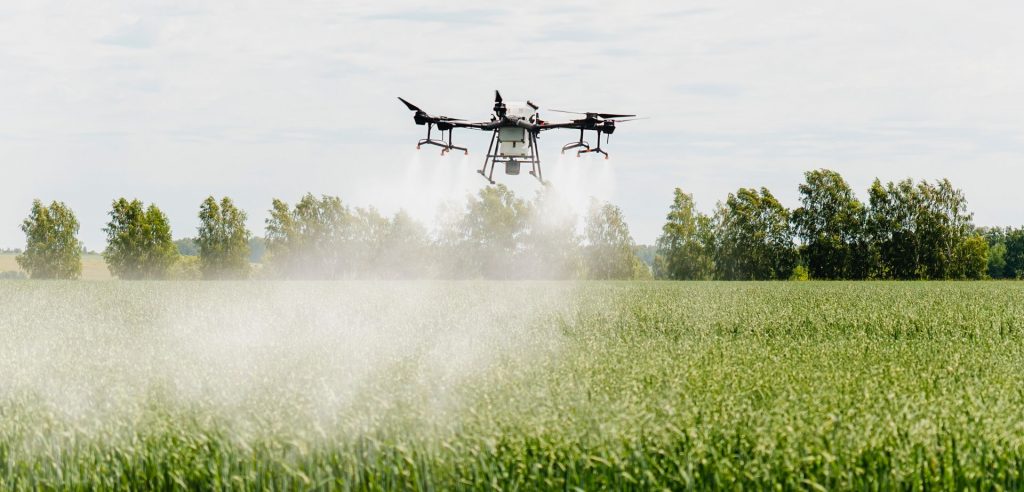
Agricultural robotics is another area where technology is making a profound impact. Robots are now being employed for various tasks, including planting, harvesting, and crop maintenance. These machines reduce manual labour requirements and increase efficiency on the farm.
For example, autonomous vehicles and drones assist in precision spraying, crop monitoring, and mapping, providing valuable insights for farmers. By leveraging robotics, farmers can streamline operations, address labor shortages, improve worker safety, and focus on strategic decision-making, ultimately increasing productivity and profitability.
Internet of Things (IoT) in Agriculture: Connecting the Farming Ecosystem
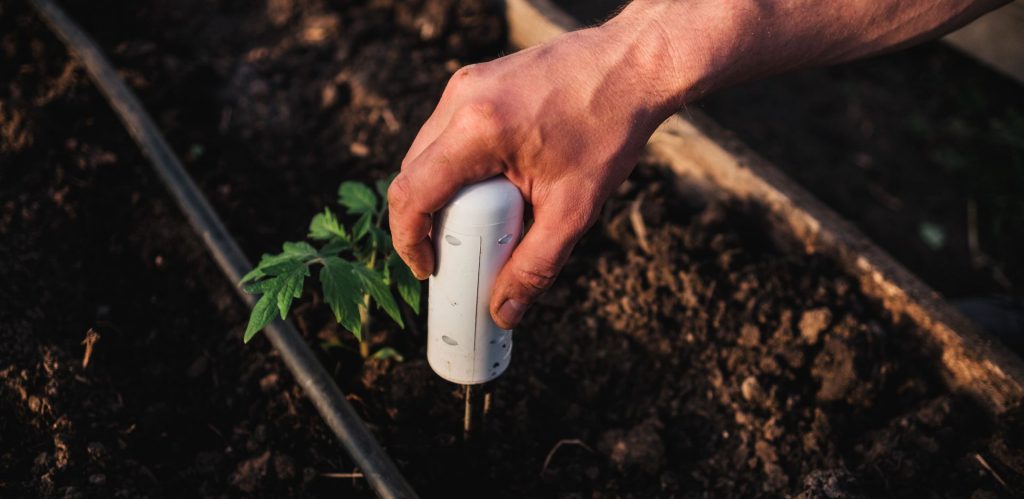
The Internet of Things (IoT) has revolutionised agriculture by connecting various devices and sensors on the farm. Real-time monitoring of environmental conditions, equipment performance, and crop health is now possible.
Smart irrigation systems adjust water usage based on weather forecasts and soil moisture levels, ensuring efficient water management. IoT also plays a vital role in supply chain management, enabling the tracking of produce from field to market, reducing waste, and ensuring food safety and traceability.
By harnessing IoT, farmers can make data-driven decisions, improve resource utilisation, and optimise their operations.
Sustainable Agriculture: Innovations for Environmental Stewardship
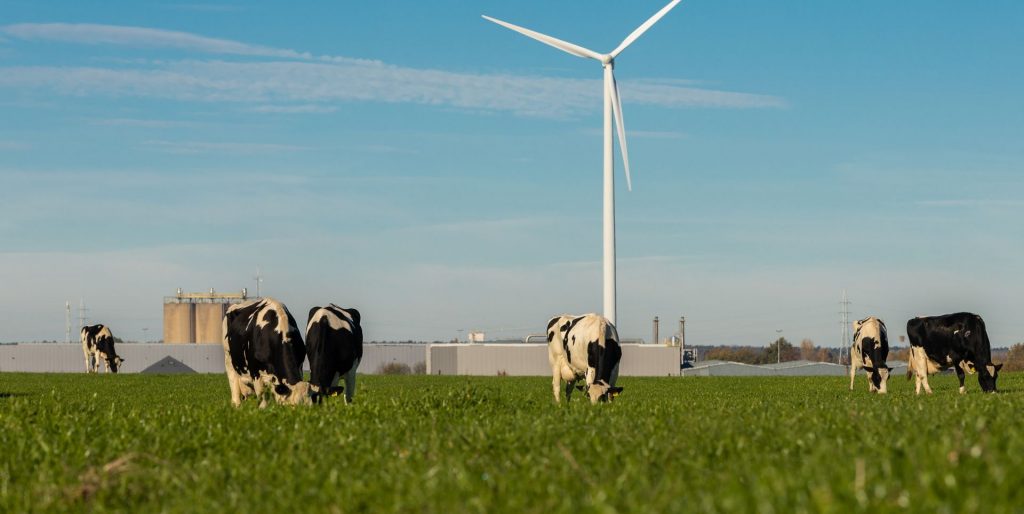
Technological innovations have also paved the way for sustainable agriculture practices. Precision application of fertilisers and pesticides, for instance, reduces chemical usage, minimises environmental impact, and ensures that inputs are applied only where needed.
The use of renewable energy sources and energy-efficient technologies in farming operations further promotes sustainability.
Innovative practices like vertical farming, hydroponics, and aquaponics enable year-round production while conserving resources such as water and land.
By adopting these sustainable practices and leveraging technology, farmers can promote biodiversity, enhance soil health, and build climate resilience.
Conclusion:
As agriculture embraces the digital age, technological innovations are transforming the way farmers operate, bringing unprecedented efficiency, productivity, and sustainability to the industry.
From precision farming and smart livestock management to agricultural robotics and IoT applications, technology is empowering farmers to overcome challenges and thrive in a rapidly changing world.
By embracing these innovations, farmers can optimise resource utilisation, reduce environmental impact, and secure a prosperous future for agriculture. As we look ahead, it is clear that technology will continue to play a pivotal role in shaping the agriculture industry, enabling farmers to feed the world while preserving our planet.
Looking to enhance your farming operations with durable and customisable structures? Buildings UK is here to help. We specialise in providing steel framed building kits tailored to meet the unique needs of the agricultural sector.
Whether you require sturdy cattle sheds or efficient grain storage facilities, our ready-made kits offer reliable and cost-effective solutions.
Contact Buildings UK today to explore how our steel framed building kits can elevate your farming endeavours and support your growth.

